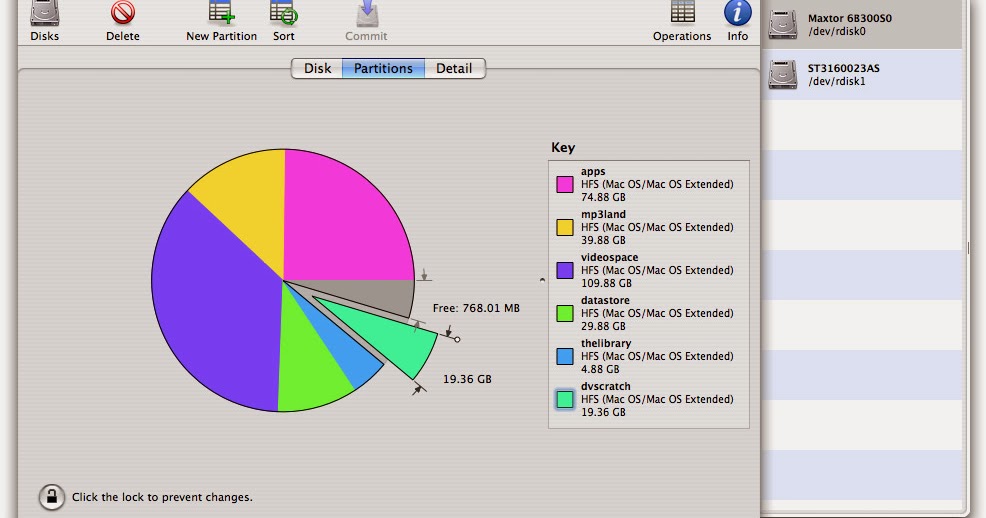
- #Ipartition alternatives install#
- #Ipartition alternatives windows 10#
- #Ipartition alternatives software#
If you have multiple partitions, it’s more work to make sure they’re all being backed up properly, and it’s easy to miss it.
#Ipartition alternatives software#
While there are ways around this, letters can become a scarce resource for machines with many local network connections, additional drives, or software also requiring drive-letter allocation. Each partition is assigned a separate drive letter. It’s also common to create an additional data partition they all use.Īgain, there are several possible reasons.
#Ipartition alternatives install#
If you want to install multiple operating systems on your computer and choose which to boot into, each must reside in a separate partition. Depending on how you use your data, it’s possible that moving less-frequently-used data to a separate partition can improve speed, particularly if you’re using a magnetic hard disk ( HDD) as compared to an SSD. With multiple partitions, you can pick and choose which to encrypt - typically, a single partition containing your sensitive data. Whole-drive encryption is often really “whole partition” encryption. If you ever need to reinstall or revert to a backup, it’s possible, depending on the situation you’re recovering from, that only drive C: would be affected, leaving your data on D: untouched. Say your operating system is on drive C: and your data is on drive D. It’s easier to back up partitions separately. Some feel splitting data or components across multiple “drives” is a better way to organize their data than creating more folders on a single drive. There are several reasons to consider partitioning a hard drive. This discussion is only about the partitions you see in Windows File Explorer when Windows is running. We’re not talking about those here they serve different purposes.
#Ipartition alternatives windows 10#
In addition, most contemporary computers or Windows 10 installations come with additional hidden partitions. “C:” remains, and typically contains at least the operating system and programs, but additional drives – perhaps “D:”, “E:”, or others, also exist and are used for data storage. Typically, your computer has a “C:” drive, and all of your programs, data, and operating system files are contained within it.

There are two classic approaches to partitioning a single drive on a Windows PC: It’s still the same, single disk, but the space on it is divided up to appear as two or more drives in Windows.

We typically think of a hard drive as a single disk, but partitioning allows you to split a hard drive so it appears to be multiple different drives. I’ll look at some of the pros and cons of partitioning your hard drive, and make a recommendation if, after all is said and done, you’re still not sure.Ī partition is nothing more than a way to organize the physical space on a hard drive.

While I’m certain the truth is somewhere in between, I tend to fall into the latter camp. Others opt to let Windows sort it all out, believing that improper partitioning might prevent the file system - already optimized for both safety and performance - from operating in the best way. Some swear that proper partitioning aids performance, makes backing up easier, and is just generally “better”. Disk partitioning is one of those topics that generate conflicting opinions.


 0 kommentar(er)
0 kommentar(er)
